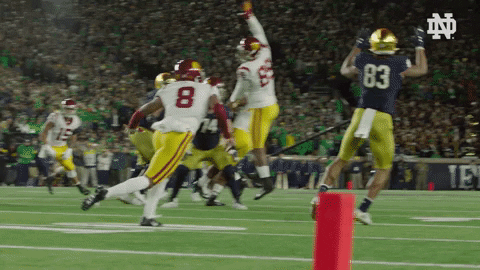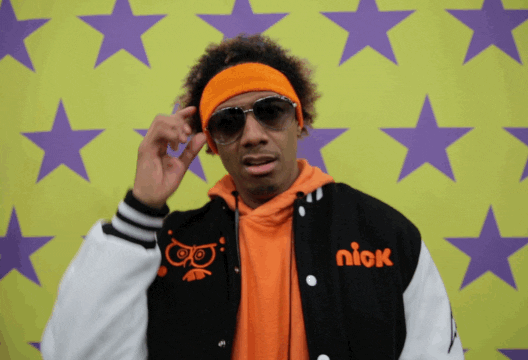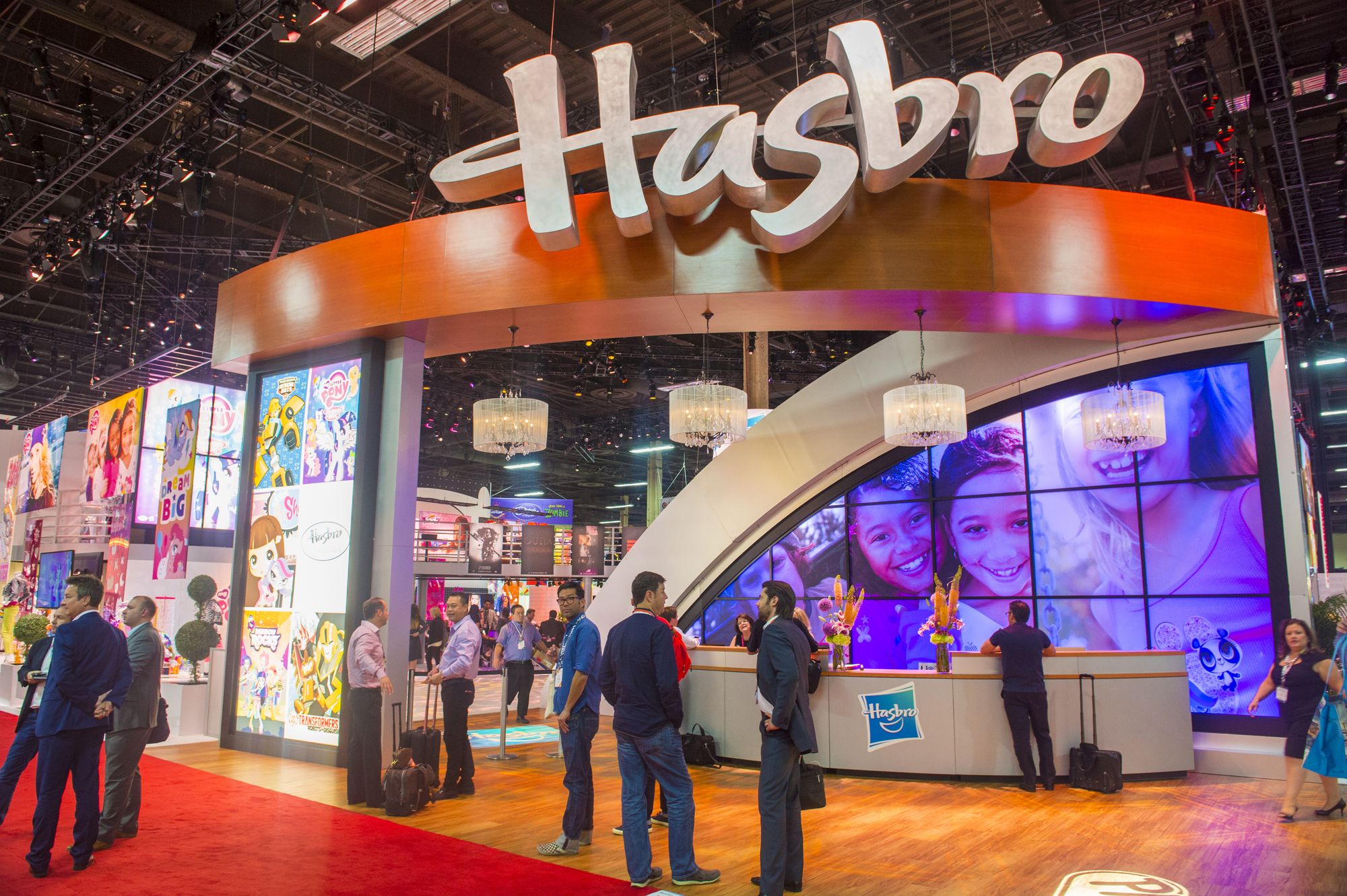Summary:
Panini America, a leading producer of NBA and NFL trading cards, has accused sports merchandise company Fanatics of creating an unlawful monopoly in the trading card industry. The lawsuit alleges that Fanatics engaged in anticompetitive conduct by securing long-term, exclusive licensing deals with sports leagues and players associations, signing rookie NFL and NBA players to exclusive deals, and even poaching Panini employees. Fanatics has responded by stating it plans to countersue and denied all allegations.
What's New:
According to the lawsuit, Panini America alleges that Fanatics has constructed "insurmountable barriers to entry" in the trading card business, even going as far as to disseminate "false, derogatory statements" about Panini. Fanatics' alleged strategy also includes locking down exclusive deals with leagues, players, and even by acquiring Topps in 2021. Panini claims it was not given the opportunity to compete for the licenses Fanatics acquired, learning about them only through media reports.
Why It Matters:
This lawsuit draws attention to the often-overlooked competitive nature of the trading card industry, where exclusive licenses are a significant part of the business model. If the allegations are proven, the case could reshape the industry's licensing norms, impact other players in the market, and potentially change the dynamics of competition.
Credit: https://africa.espn.com/espn/story/_/id/38129682/panini-america-alleges-fanatics-created-monopoly-card-industry (Hajducky)
Notre Dame and Under Armour Seal the Richest Apparel Deal in College Sports Worth $100 Million

Summary:
Under Armour and Notre Dame have reportedly secured a $100 million licensing extension, making it the wealthiest apparel collaboration in collegiate athletics. The 10-year contract with Notre Dame is projected to generate more than $10 million per annum in cash and gear. This deal outpaces previous industry leaders, with Notre Dame besting Adidas and Nike in a bidding war to sustain its partnership.
What's New:
This contract extension comes as the previous 10-year deal between Notre Dame and Under Armour draws to a close. Notre Dame's apparel rights opened up for competition this spring, and Under Armour emerged victorious in a "bidding war" against heavyweights like Adidas and Nike. This new deal follows the footsteps of other high-value apparel agreements in the $8-10 million a year range including Texas (Nike), Kansas (Adidas), Louisville (Adidas), Ohio State (Nike), Nebraska (Adidas), and Michigan (Nike).
Why It Matters:
Notre Dame, possessing one of the most valuable brands in college sports, has been able to uphold independent status without joining a football conference. As they seek to triple their football rights fees to between $65 million to $75 million per year after their current media deal with NBC ends in 2024, this contract underscores the continuing financial viability and global appeal of Notre Dame's brand.
Why You Should Care:
This deal sets a new benchmark for lucrative collegiate apparel partnerships. It shows the extent to which major brands like Under Armour are willing to invest in college sports to leverage the visibility and fan engagement these partnerships offer. For Notre Dame fans and college sports enthusiasts, this deal not only affirms the strong brand value of the Fighting Irish but also promises the continuation of quality Notre Dame branded gear from Under Armour. Furthermore, the deal's success could also influence negotiations and contracts in other major collegiate sports partnerships.
Credit: https://frontofficesports.com/notre-dame-signs-reported-100-million-under-armour-extension/ (Cohen)
The Super Bowl Gets a SpongeBob Makeover with a Kids-Centric Presentation on Nickelodeon

Summary:
The NFL and CBS Sports have revealed that this season's Super Bowl will feature a child-friendly presentation on Nickelodeon, the first-ever alternate telecast of the event on another network. Super Bowl 58, which CBS Sports holds the rights to, will take place in Las Vegas on February 11, 2024.
What's New:
This year's Super Bowl marks the first time the event has had an alternate broadcast on a different network. The announcement comes as CBS Sports and Nickelodeon celebrate their fourth season of collaboration, this time extending beyond a single broadcast. This Christmas, Nickelodeon will also cover a game between the Kansas City Chiefs and the Las Vegas Raiders. Additionally, this will be the third instance of an NFL playoff game being aired on Nickelodeon.
Why It Matters:
This announcement signifies a significant stride in how sports are broadcast and marketed. The Nickelodeon presentations, known for their vivid graphics and characters like SpongeBob SquarePants, have gained recognition for their capacity to introduce the game to younger viewers while still keeping adult viewers engaged. Previous broadcasts on Nickelodeon have reportedly been successful, indicating a potential future trend in sports broadcasting.
Why You Should Care:
This new development signals a change in how we perceive and consume sports. For fans, especially those with children, it provides an entertaining and educational way to enjoy the game. Moreover, the initiative highlights the adaptability of sports marketing, presenting opportunities for brands and marketers to engage new audiences in innovative ways. For those working in the branding and licensing industry, this approach could provide new insights into how to creatively present and market their content or products.
Credit: https://www.espn.co.uk/nfl/story/_/id/38113170/spongebob-slime-highlight-nickelodeon-super-bowl-telecast (AP)
Lionsgate Buys Entertainment One's TV and Film Divisions from Hasbro for $500 Million

Summary:
Lionsgate has agreed to buy Entertainment One's (eOne) TV and film operations from Hasbro for an estimated $500 million, with the deal projected to close by year-end. The acquisition includes a content library of around 6,500 titles, active productions, and eOne's unscripted business, as well as Hasbro's stake in eOne Canada Limited's Canadian film & TV operations. Notably, major family brand IPs such as "Peppa Pig," "Transformers," and "Monopoly" have been excluded from the deal.
What's New:
Nearly four years after Hasbro expressed its intention to acquire eOne in a $3.8 billion deal, the tables have turned, with Hasbro announcing the sale of eOne's TV and film operations to Lionsgate. The deal, valued at approximately $500 million, is anticipated to conclude by the end of the current year. The acquisition comprises an experienced team of employees, nearly 6,500 title-strong content library, and ongoing productions for non-Hasbro owned IP, including popular franchises such as "The Rookie," "Yellowjackets," and "Naked and Afraid."
Why It Matters:
This acquisition marks a significant strategic move for both Lionsgate and Hasbro. For Lionsgate, it expands their portfolio with a vast content library and boosts their position in the entertainment industry. On the other hand, Hasbro's CEO, Chris Cocks, stated that the deal aligns with the company's strategy, shifting towards an "asset-lite model" for future live-action entertainment. Hasbro will focus on developing and producing entertainment based on its rich vault of owned brands and original ideas, leveraging licensing and partnerships.
Why You Should Care:
For fans and consumers, this development could mean new content and adaptations based on their favorite brands and franchises. On the industry side, it underlines the ongoing consolidation within the media and entertainment landscape. It's a key example of how companies are reevaluating their portfolios, strategically focusing on core assets, and potentially partnering or divesting non-core operations to ensure sustainable growth and innovation in an increasingly competitive market.
